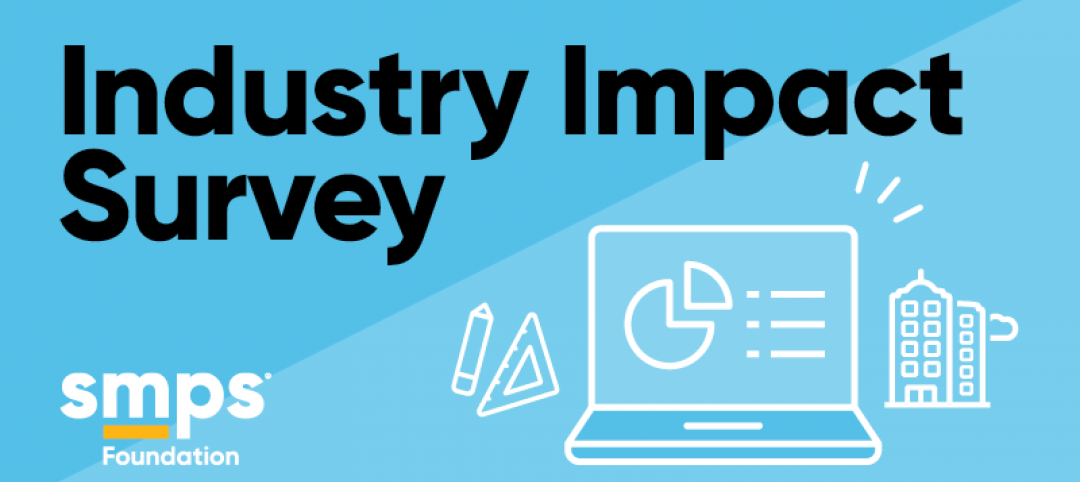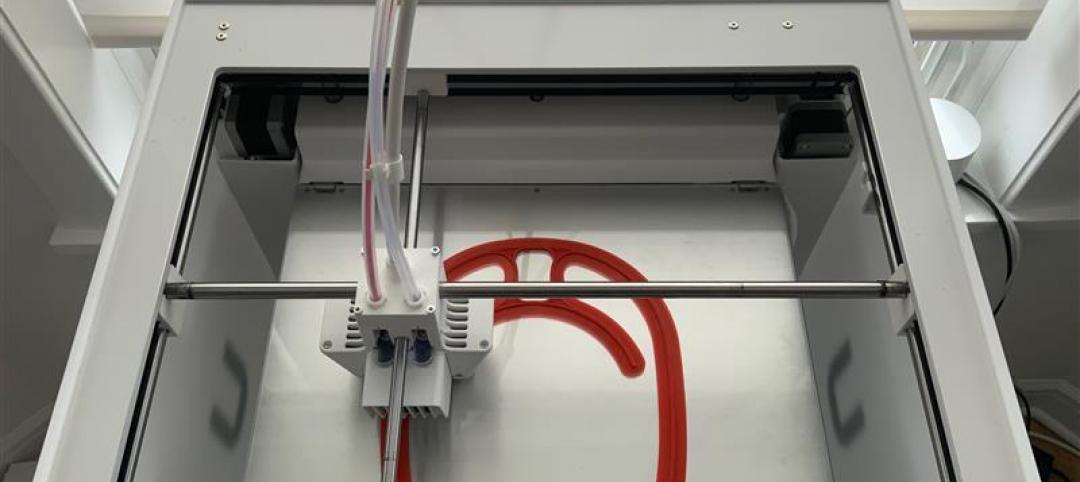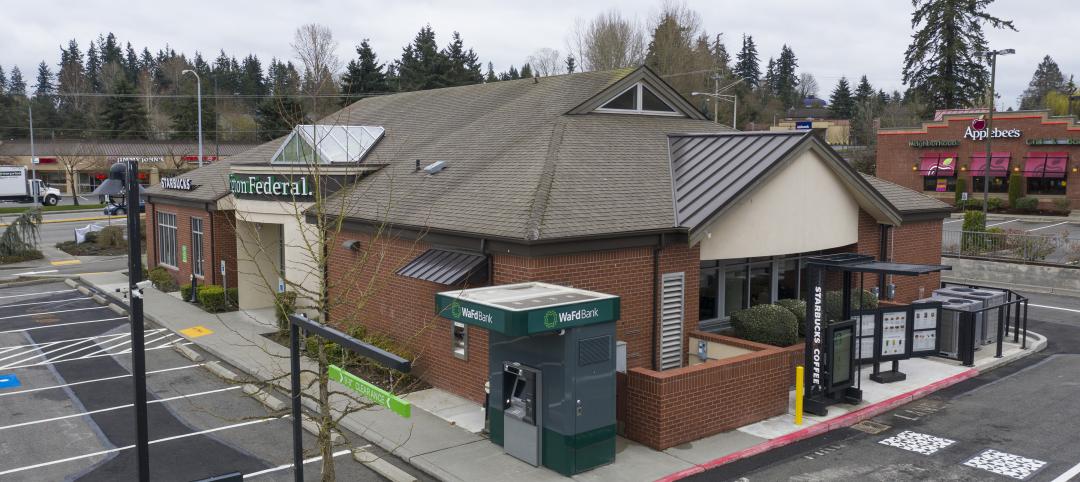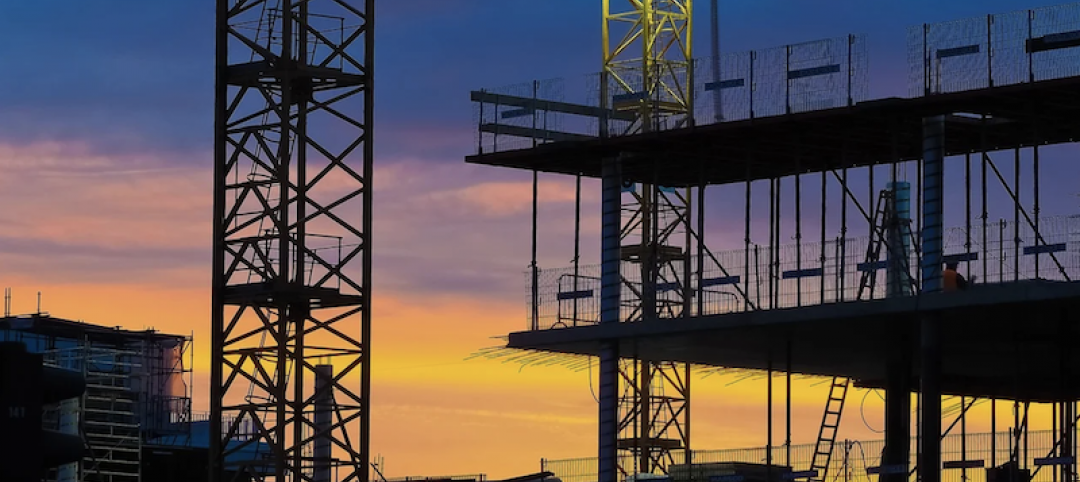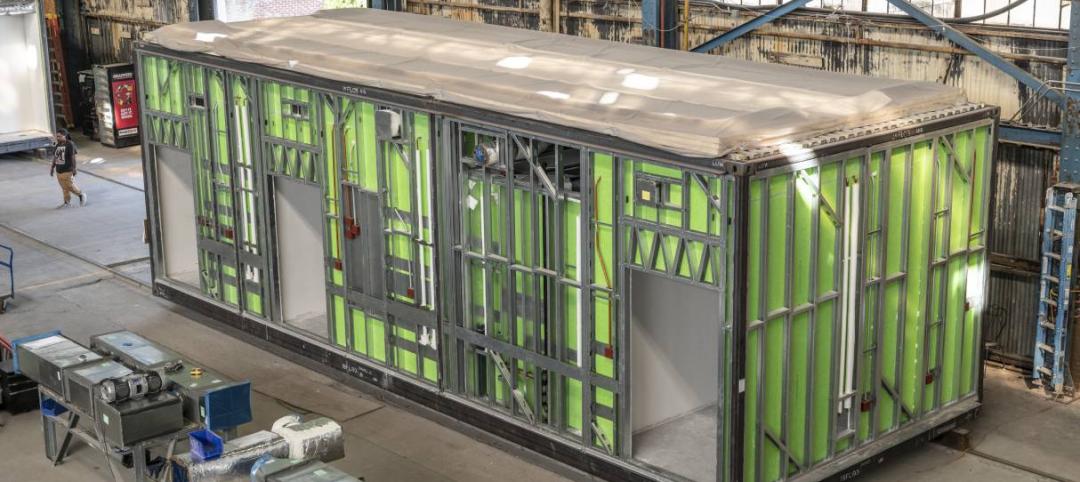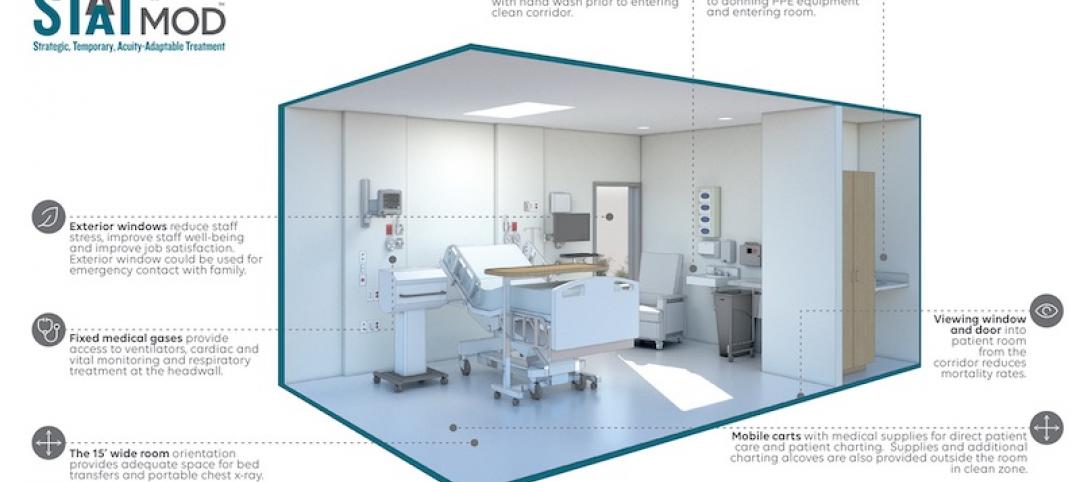The American Institute of Architects (AIA) has provided a new webinar online informing businesses how provisions included in AIA contract documents can help address issues arising from the COVID-19 pandemic.
Businesses in the design and construction industry are currently reporting a variety of disruptions to projects, including work stoppages, workforce deficits, project cancellations, as well as material, equipment and supply shortfalls. During the webinar, two AIA attorneys cover how construction contracts are designed to anticipate—and have mechanisms—to allocate risk, and potentially adjust project schedules, if a party is unable to complete contract obligations due to circumstances out of their control.
With a focus on two specific AIA contract documents, A201®-2017, General Conditions of the Contract for Construction and the B101™-2017, Owner/Architect Agreement, the webinar also explores how AIA contracts can address project delays, extensions, suspension, termination, payment and dispute resolution.
The webinar was recorded March 27 and had over 2,000 participants. Additional information regarding how AIA contract documents can address project disruptions resulting from Covid-19 are available on the AIA Contract Documents website.
Visit AIA’s website for complete COVID-19 member resources.
Related Stories
Coronavirus | Apr 16, 2020
COVID-19: Pennsylvania building products supplier raises $1.2 million for Pittsburgh-area food bank
Pennsylvania building products supplier raises $1.2 million for Pittsburgh-area food bank.
Coronavirus | Apr 15, 2020
How has your work been impacted by COVID-19?
The SMPS Foundation and Building Design+Construction are studying the impact of the coronavirus pandemic on the ability to attain and retain clients and conduct projects, along with other consequences.
Coronavirus | Apr 15, 2020
COVID-19 alert: 93% of renters in professionally managed multifamily housing paid some or all of their rent, says NMHC
In its second survey of 11.5 million units of professionally managed apartment units across the country, the National Multifamily Housing Council (NMHC) found that 84% of apartment households made a full or partial rent payment by April 12, up 15 percentage points from April 5.
Coronavirus | Apr 15, 2020
DCAMM teams with SLAM and Gilbane Building Company to re-occupy Newton Pavilion for temporary quarantine of homeless during COVID-19 pandemic
First and only quarantine shelter in Boston-area to convert a shuttered hospital for homeless patient occupancy.
Coronavirus | Apr 15, 2020
3D printing finds its groove fabricating face shields during COVID-19 crisis
The architecture firm Krueck + Sexton is producing 100 shields for a Chicago-area hospital.
Coronavirus | Apr 14, 2020
COVID-19 alert: Missouri’s first Alternate Care Facility ready for coronavirus patients
Missouri’s first Alternate Care Facility ready for coronavirus patients
Coronavirus | Apr 13, 2020
COVID-19 alert: City conducts a 'virtual building inspection' to allow Starbucks and bank to open
Bothell, Wash., issues a certificate of occupancy to developer after inspecting the property online.
Coronavirus | Apr 13, 2020
Construction layoffs spread rapidly as coronavirus shuts down projects, in contrast to job gains through February in most metros
Association officials urge quick enactment of infrastructure investment, relief for hard-hit firms and pensions in order to save jobs in construction and supplier industries.
Coronavirus | Apr 12, 2020
How prefab can enable the design and construction industry to bring much needed beds to hospitals, faster
The outbreak of COVID-19 represents an unprecedented test for the global healthcare system. Managing the pandemic—and saving lives—depends largely on the availability of medical supplies, including the capacity of hospitals. But the United States lags behind other nations, with only 2.8 beds per thousand people compared to 4.3 in China and 12.8 in South Korea.
Coronavirus | Apr 10, 2020
HGA and The Boldt Company devise a prefabricated temporary hospital to manage surge capacity during a viral crisis
A STAAT Mod system can be ready to receive patients in less than a month.




